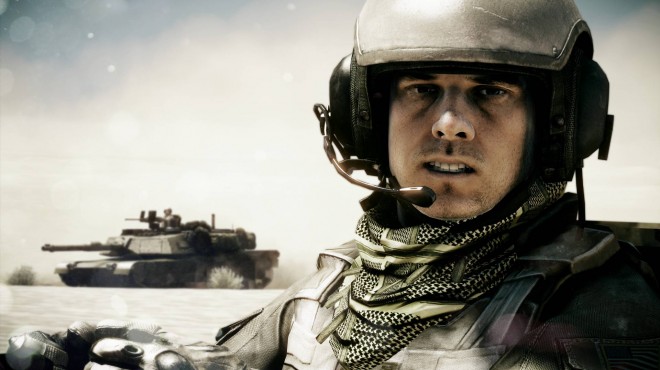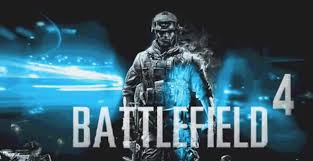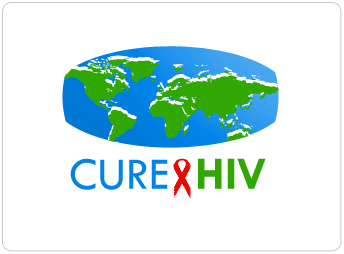CARACAS, Venezuela (AP) -- President Hugo Chavez, the fiery populist who
declared a socialist revolution in Venezuela, crusaded against US
influence and championed a leftist revival across Latin America, died
Tuesday at age 58 after a nearly two-year bout with cancer.
Vice President Nicolas Maduro, surrounded by other government officials,
announced the death in a national television broadcast. He said Chavez
died at 4:25 pm local time.
During more than 14 years in office, Chavez routinely challenged the
status quo at home and internationally. He polarized Venezuelans with
his confrontational and domineering style, yet was also a masterful
communicator and strategist who tapped into Venezuelan nationalism to
win broad support, particularly among the poor.
Chavez repeatedly proved himself a political survivor. As an army
paratroop commander, he led a failed coup in 1992, then was pardoned and
elected president in 1998. He survived a coup against his own
presidency in 2002 and won re-election two more times.
The burly president electrified crowds with his booming voice, often
wearing the bright red of his United Socialist Party of Venezuela or the
fatigues and red beret of his army days. Before his struggle with
cancer, he appeared on television almost daily, talking for hours at a
time and often breaking into song of philosophical discourse.
Chavez used his country's vast oil wealth to launch social programs that
include state-run food markets, new public housing, free health clinics
and education programs. Poverty declined during Chavez's presidency
amid a historic boom in oil earnings, but critics said he failed to use
the windfall of hundreds of billions of dollars to develop the country's
economy.
Inflation soared and the homicide rate rose to among the highest in the world.
Chavez underwent surgery in Cuba in June 2011 to remove what he said was
a baseball-size tumor from his pelvic region, and the cancer returned
repeatedly over the next 18 months despite more surgery, chemotherapy
and radiation treatments. He kept secret key details of his illness,
including the type of cancer and the precise location of the tumors.
"El Comandante," as he was known, stayed in touch with the Venezuelan
people during his treatment via Twitter and phone calls broadcast on
television, but even those messages dropped off as his health
deteriorated.
Two months after his last re-election in October, Chavez returned to
Cuba again for cancer surgery, blowing a kiss to his country as he
boarded the plane. He was never seen again in public.
After a 10-week absence marked by opposition protests over the lack of
information about the president's health and growing unease among the
president's "Chavista" supporters, the government released photographs
of Chavez on February 15 and three days later announced that the
president had returned to Venezuela to be treated at a military hospital
in Caracas.
Throughout his presidency, Chavez said he hoped to fulfill Bolivar's unrealized dream of uniting South America.
He was also inspired by Cuban leader Fidel Castro and took on the aging
revolutionary's role as Washington's chief antagonist in the Western
Hemisphere after Castro relinquished the presidency to his brother Raul
in 2006.
Supporters saw Chavez as the latest in a colourful line of revolutionary
legends, from Castro to Argentine-born Ernesto "Che" Guevara. Chavez
nurtured that cult of personality, and even as he stayed out of sight
for long stretches fighting cancer, his out-sized image appeared on
buildings and billboard throughout Venezuela. The airwaves boomed with
his baritone mantra: "I am a nation." Supporters carried posters and
wore masks of his eyes, chanting, "I am Chavez."
Chavez saw himself as a revolutionary and saviour of the poor.
"A revolution has arrived here," he declared in a 2009 speech. "No one can stop this revolution."
Chavez's social programs won him enduring support: Poverty rates
declined from 50 percent at the beginning of his term in 1999 to 32
percent in the second half of 2011. But he also charmed his audience
with sheer charisma and a flair for drama that played well for the
cameras.
He ordered the sword of South American independence leader Simon Bolivar
removed from Argentina's Central Bank to unsheathe at key moments. On
television, he would lambast his opponents as "oligarchs," announce
expropriations of companies and lecture Venezuelans about the glories of
socialism. His performances included renditions of folk songs and
impromptu odes to Chinese revolutionary Mao Zedong and 19th century
philosopher Friedrich Nietzsche.
Chavez carried his in-your-face style to the world stage as well. In a
2006 speech to the U.N. General Assembly, he called President George W
Bush the devil, saying the podium reeked of sulphur after Bush's
address.
Critics saw Chavez as a typical Latin American caudillo, a strongman who
ruled through force of personality and showed disdain for democratic
rules. Chavez concentrated power in his hands with allies who dominated
the congress and justices who controlled the Supreme Court.
He insisted all the while that Venezuela remained a vibrant democracy
and denied trying to restrict free speech. But some opponents faced
criminal charges and were driven into exile.
While Chavez trumpeted plans for communes and an egalitarian society,
his soaring rhetoric regularly conflicted with reality. Despite
government seizures of companies and farmland, the balance between
Venezuela's public and private sectors changed little during his
presidency.
And even as the poor saw their incomes rise, those gains were blunted
while the country's currency weakened amid economic controls.
Nonetheless, Chavez maintained a core of supporters who stayed loyal to their "comandante" until the end.
"Chavez masterfully exploits the disenchantment of people who feel
excluded ... and he feeds on controversy whenever he can," Cristina
Marcano and Alberto Barrera Tyszka wrote in their book "Hugo Chavez: The
Definitive Biography of Venezuela's Controversial President."
Hugo Rafael Chavez Frias was born on July 28, 1954, in the rural town of
Sabaneta in Venezuela's western plains. He was the son of schoolteacher
parents and the second of six brothers.
Chavez was a fine baseball player and hoped he might one day pitch in
the US major leagues. When he joined the military at age 17, he aimed to
keep honing his baseball skills in the capital.
But the young soldier immersed himself in the history of Bolivar and
other Venezuelan heroes who had overthrown Spanish rule, and his
political ideas began to take shape.
Chavez burst into public view in 1992 as a paratroop commander leading a
military rebellion that brought tanks to the presidential palace. When
the coup collapsed, Chavez was allowed to make a televised statement in
which he declared that his movement had failed "for now." The speech,
and those two defiant words, launched his career, searing his image into
the memory of Venezuelans.
He and other coup prisoners were released in 1994, and President Rafael Caldera dropped the charges against them.
Chavez then organized a new political party and ran for president four
years later, vowing to shatter Venezuela's traditional two-party system.
At age 44, he became the country's youngest president in four decades
of democracy with 56 percent of the vote.
Chavez was re-elected in 2000 in an election called under a new
constitution drafted by his allies. His increasingly confrontational
style and close ties to Cuba, however, disenchanted many of the
middle-class supporters who had voted for him. The next several years
saw bold but failed attempts by opponents to dislodge him from power.
In 2002, he survived a short-lived coup, which began after a large anti-Chavez street protest ended in.

















